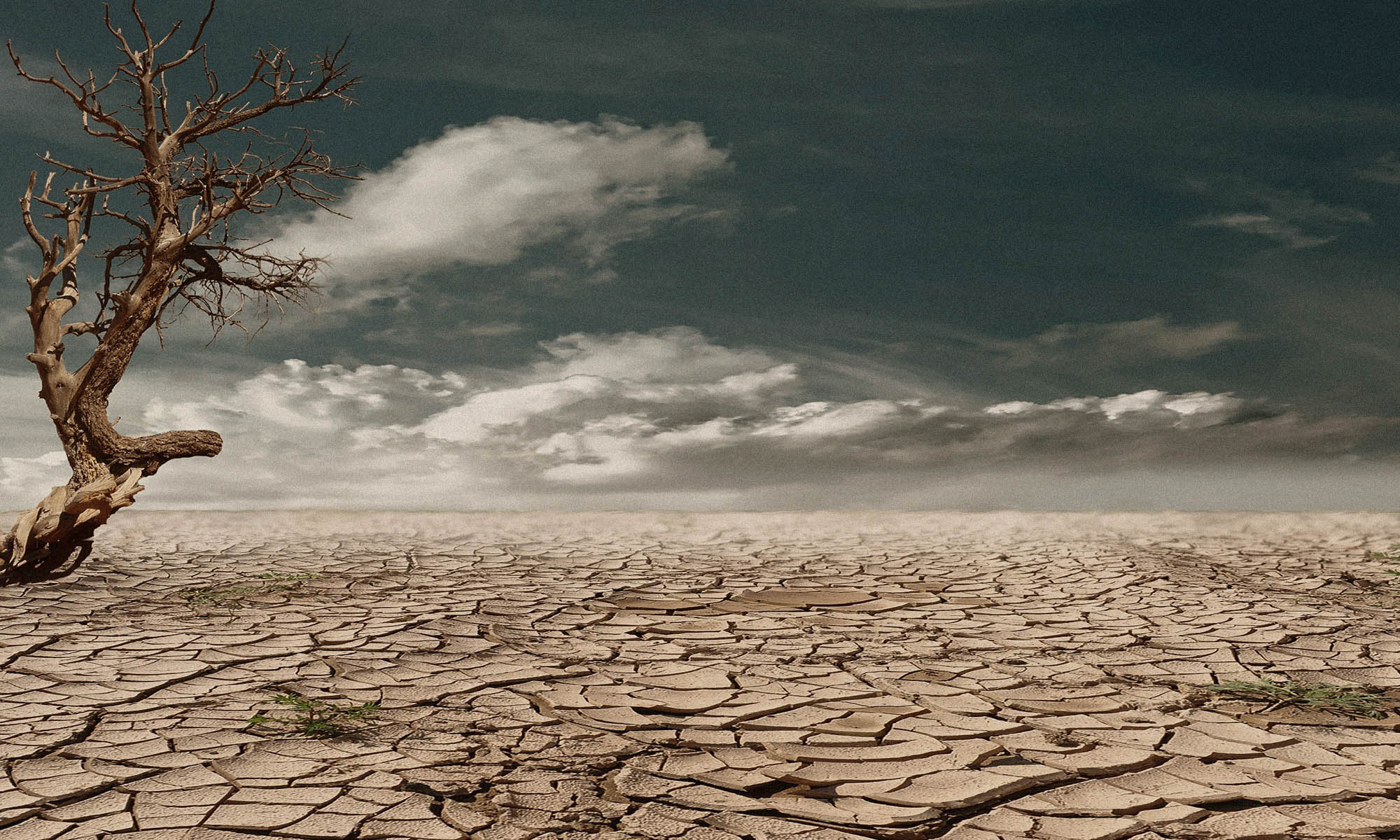- June 2010 by
Fertilisers, pesticides and hybrid high-yielding seeds saved the planet from an extra dose of global warming. That, at least, is the conclusion of a new analysis which finds that the intensification of farming through the green revolution has unjustly been blamed for speeding up global warming.
Steven Davis of the Carnegie Institution of Washington in Palo Alto, California, and colleagues calculated how much greenhouse gases would have been emitted over the past half-century if the green revolution had not happened.
The study included carbon dioxide and other gases such as methane emitted by rice paddies. It found that, overall, the intensification of farming helped keep the equivalent of 600 billion tonnes of CO2 out of the atmosphere – roughly a third of all human greenhouse-gas emissions between 1850 and 2005.
The emissions were avoided because the green revolution boosted crop yields – for instance by promoting hybrid varieties that had higher yields, and through widespread distribution of pesticides and fertilisers. This meant that more food could be produced without having to slash vast swathes of forest to expand farmland.
Complete story at New Scientist
Original paper at Proceedings of the National Academy of Sciences, DOI: 10.1073/pnas.0914216107

